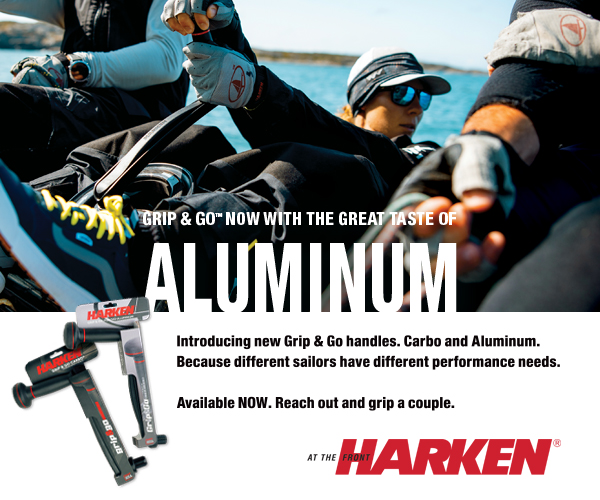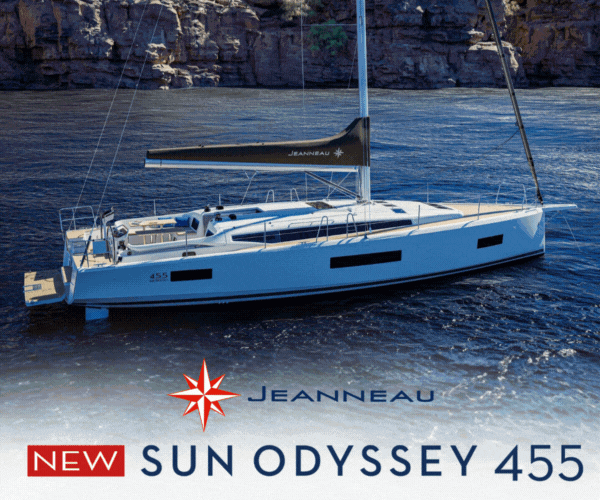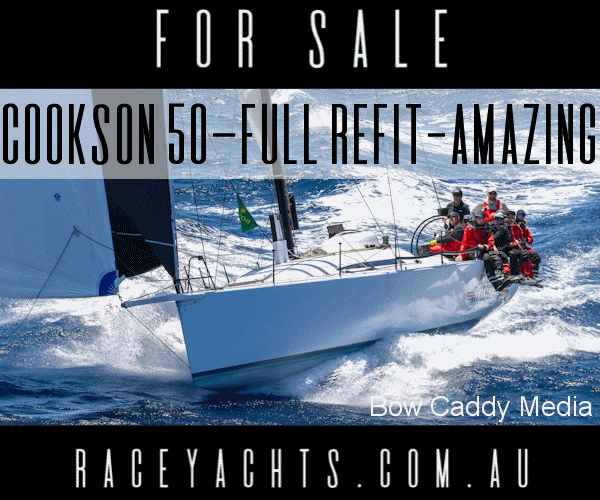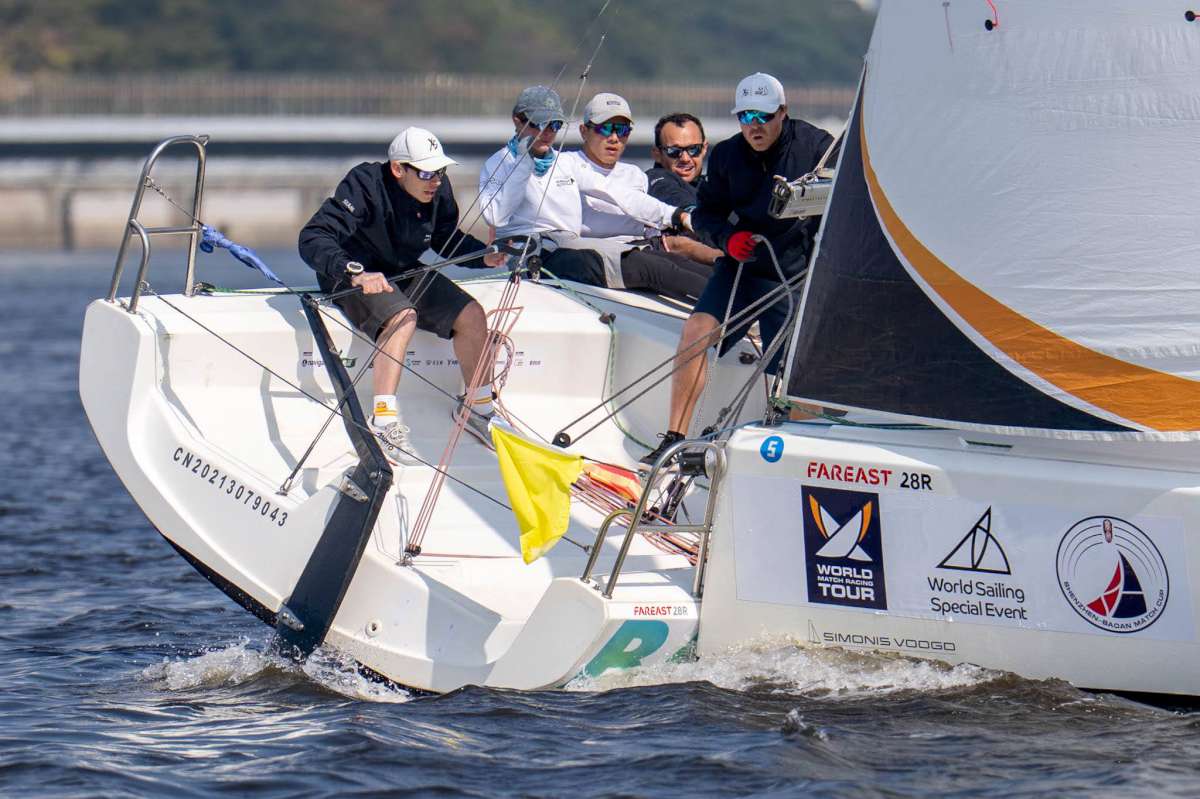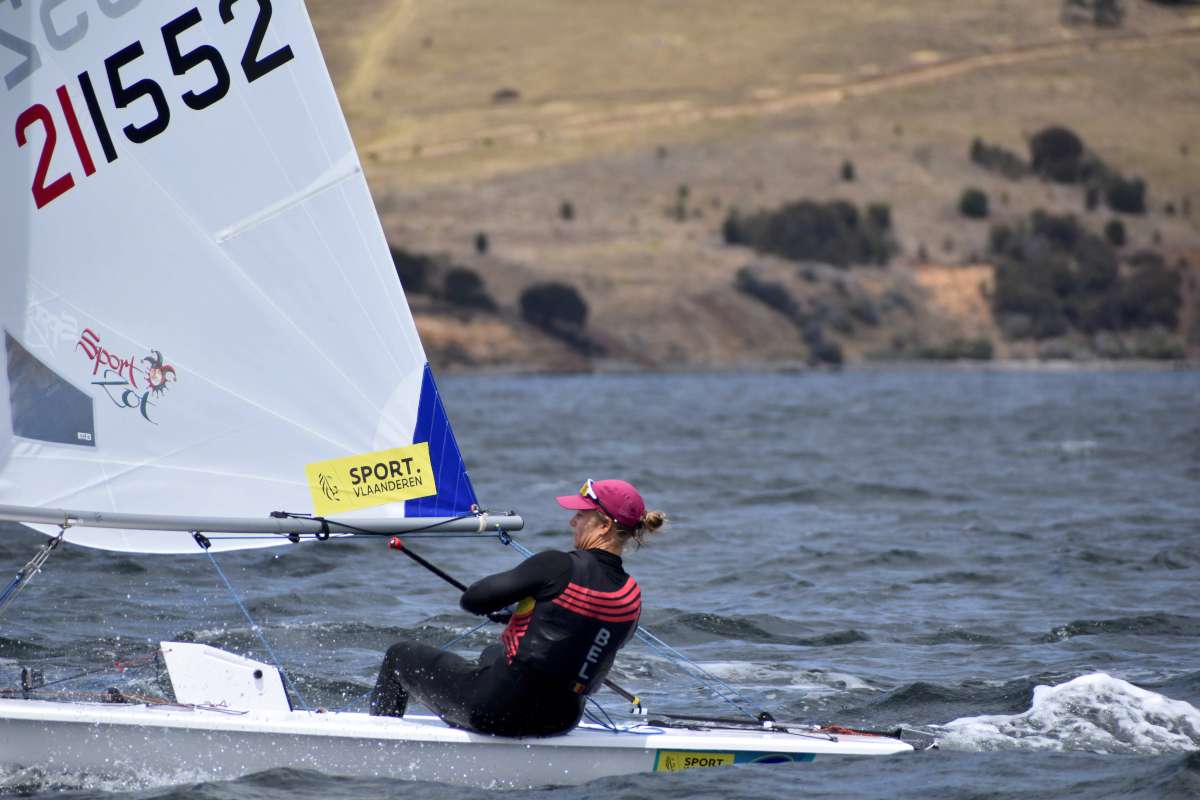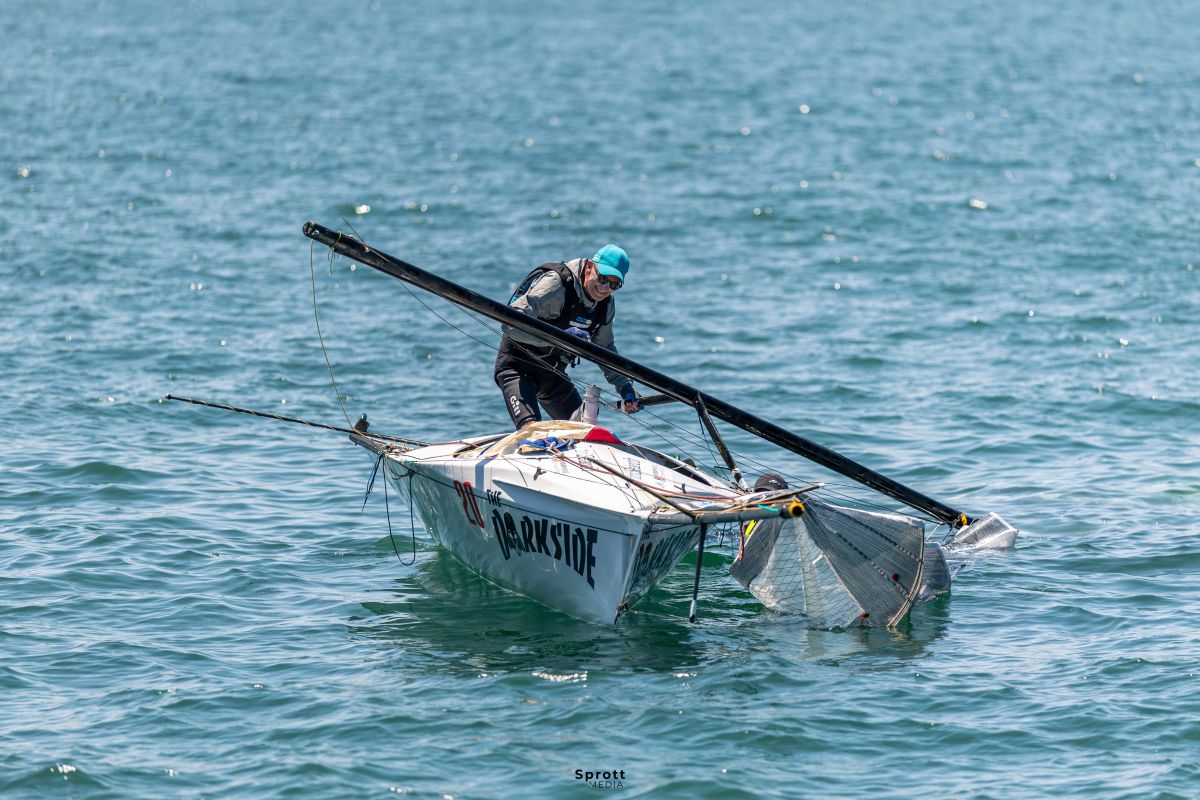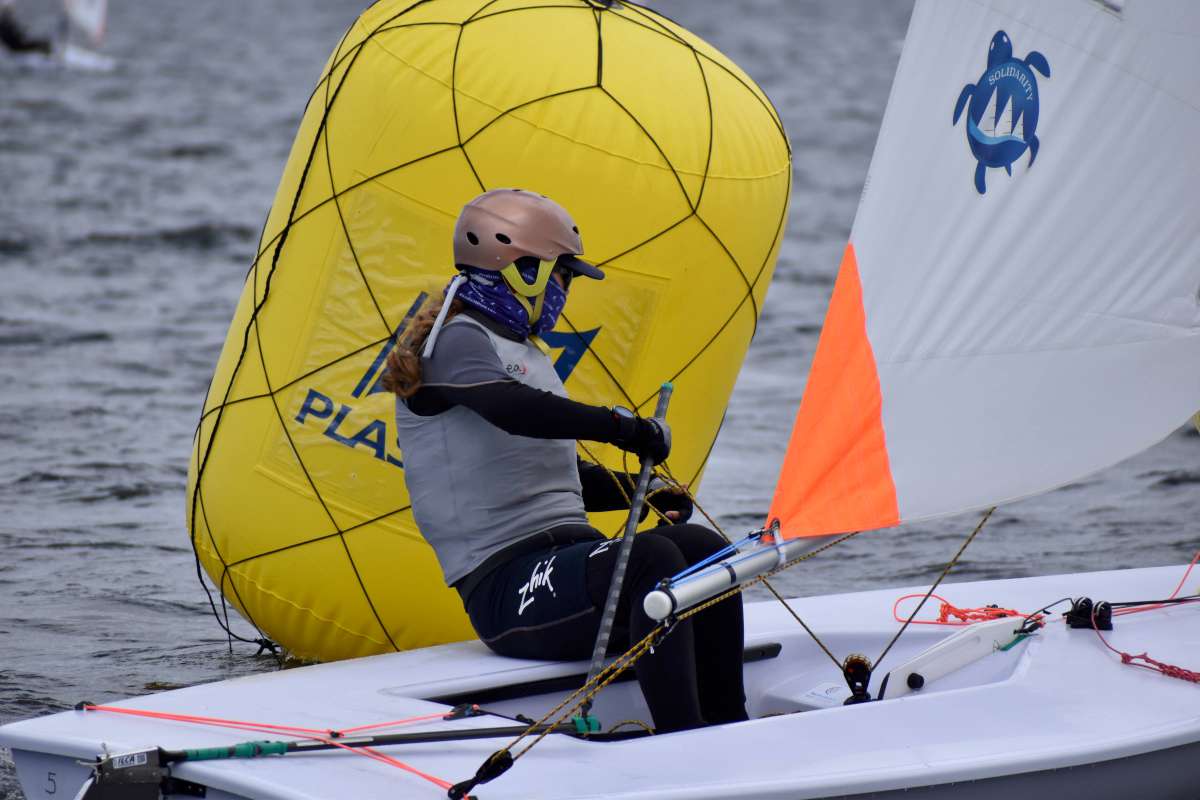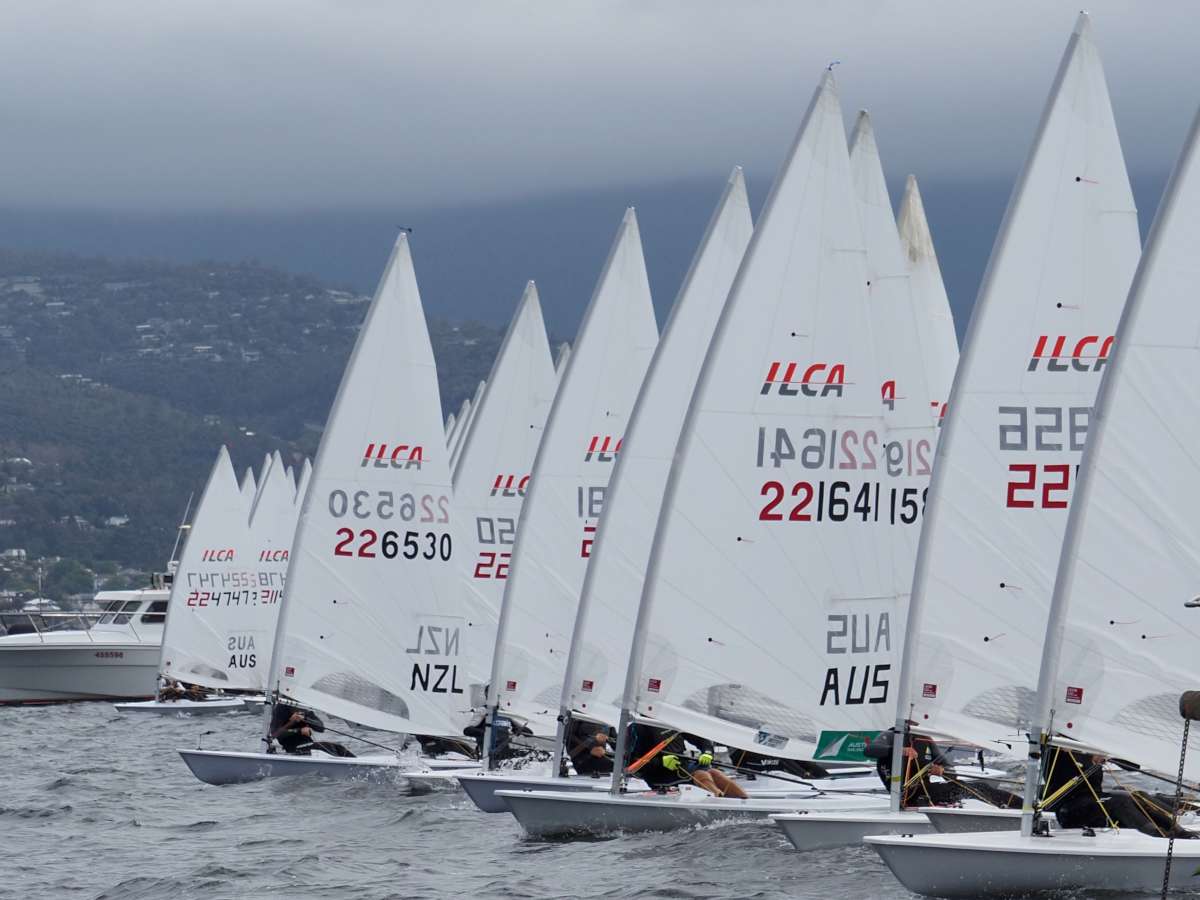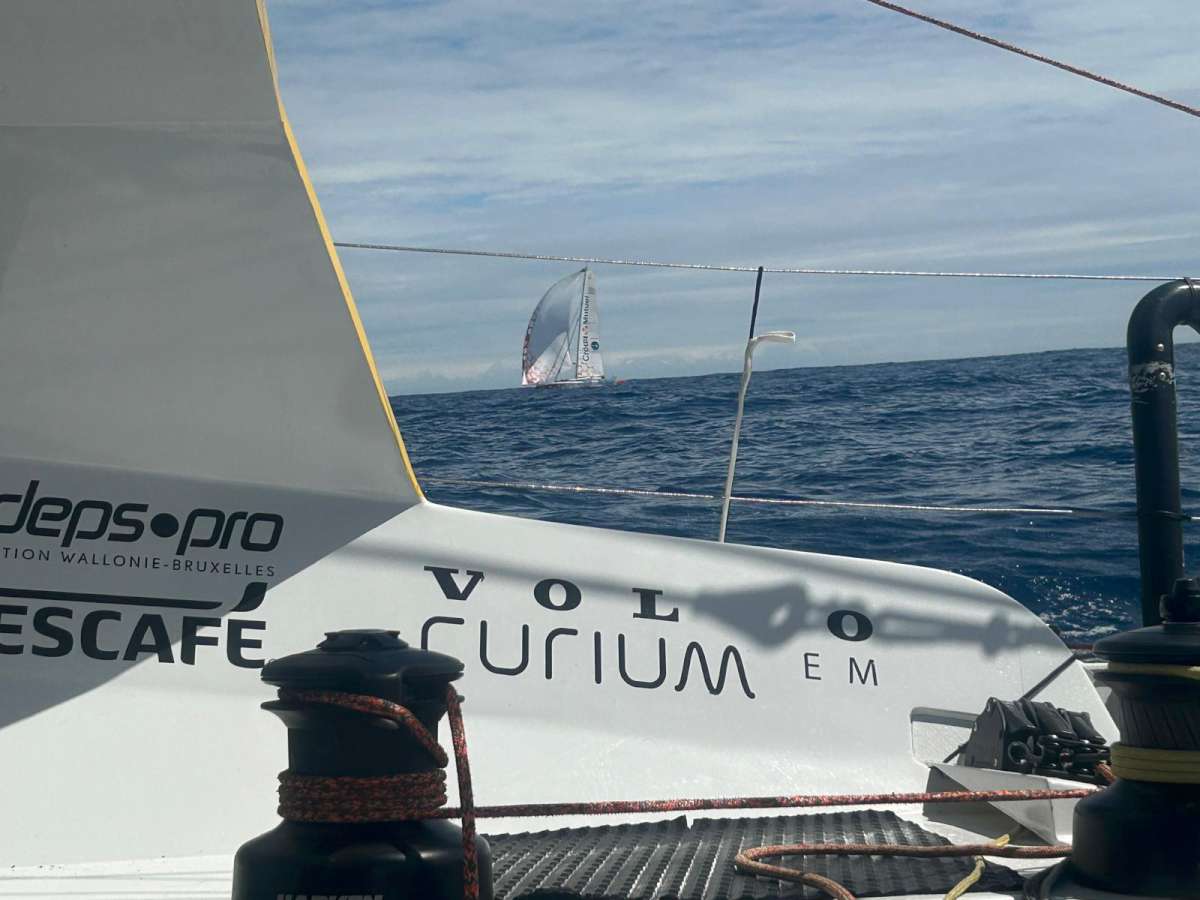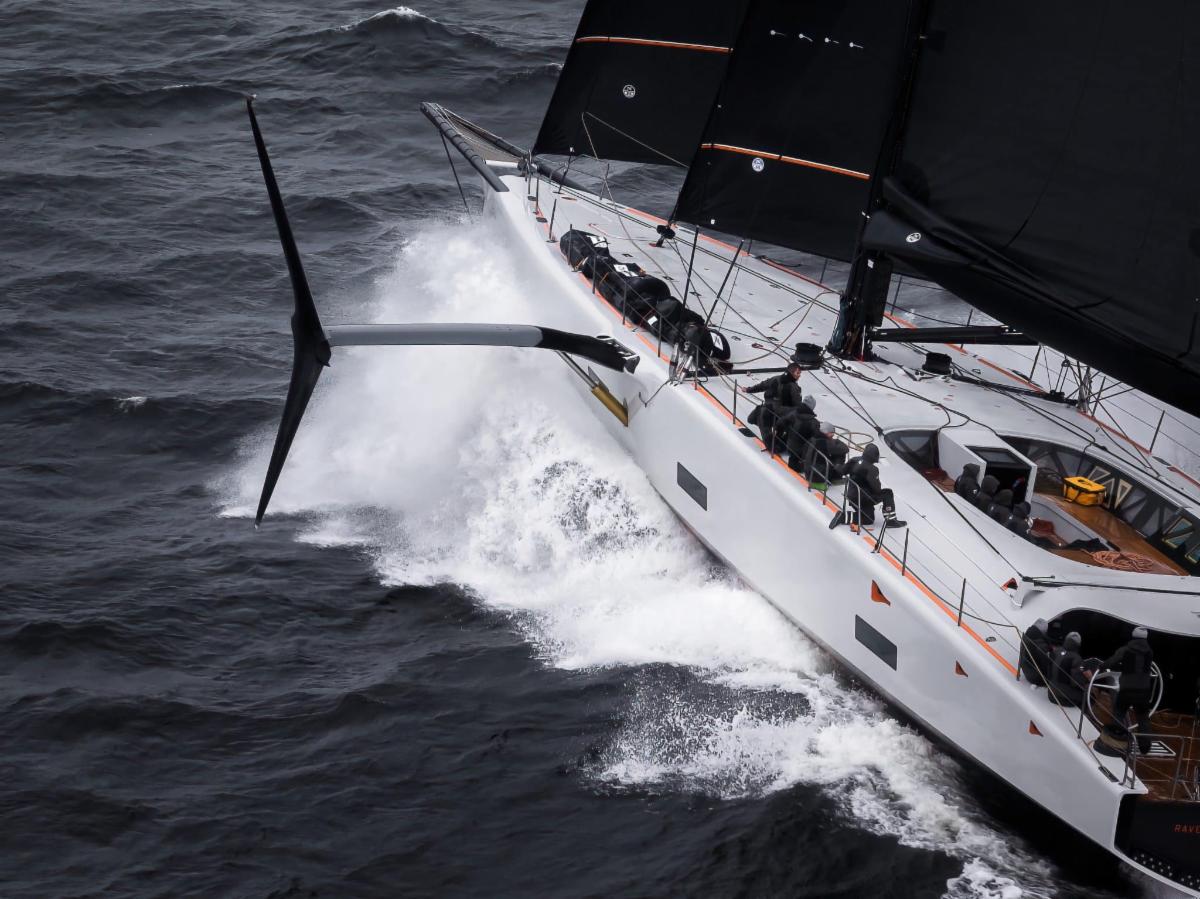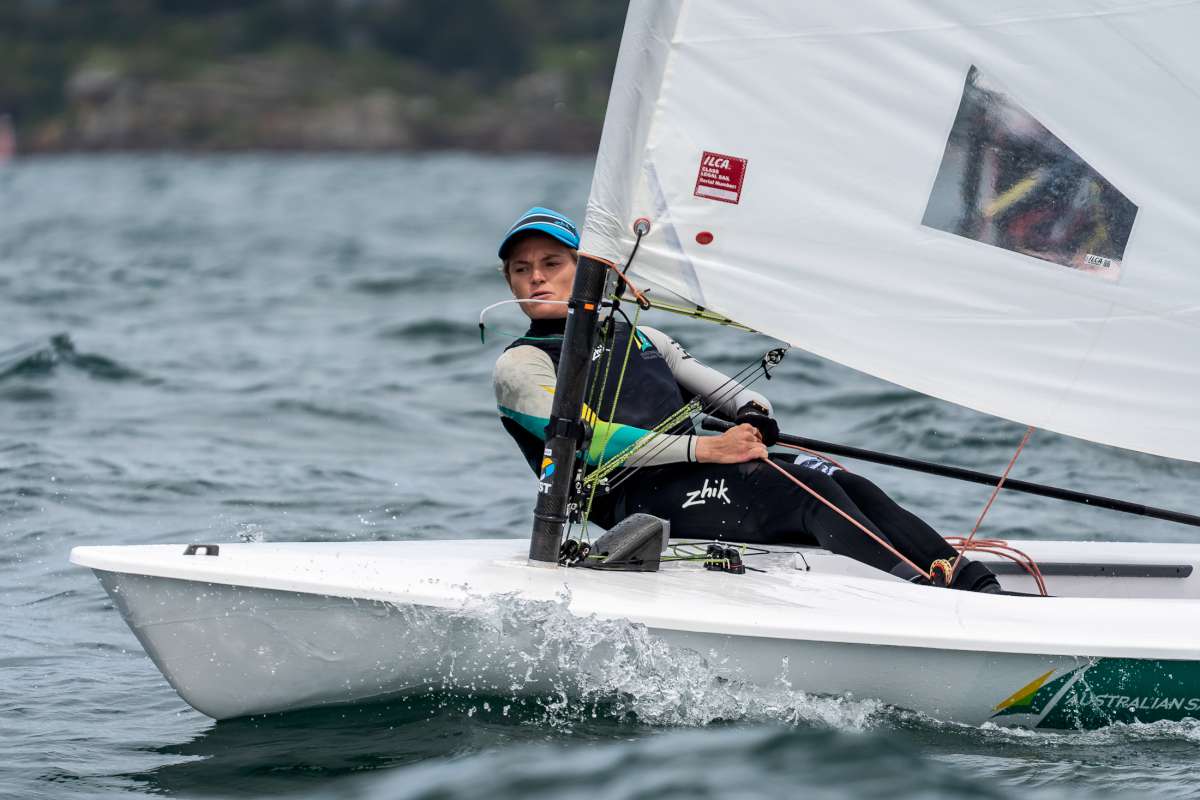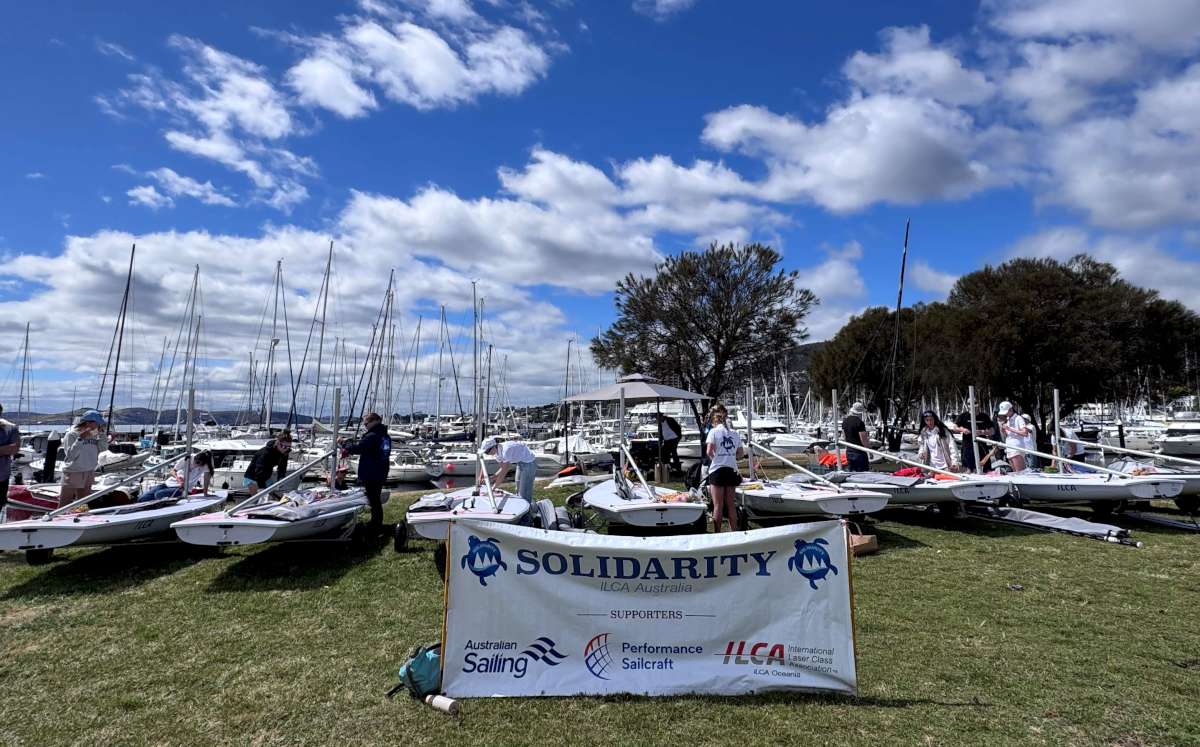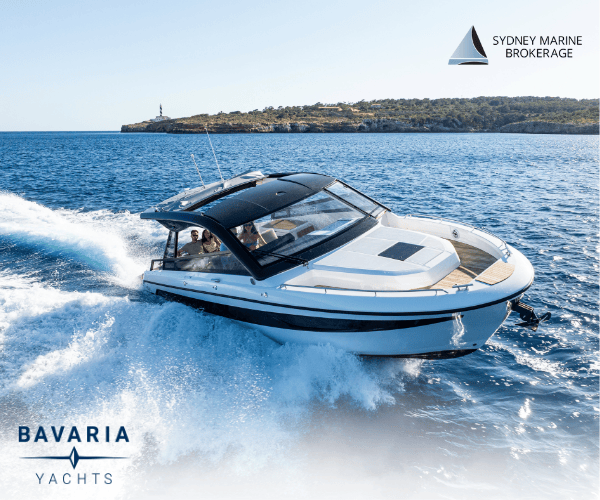Insights into SE Asia
Hidden treasures, corruption and garbage – you'll find them all in SE Asia, says Bob Morgan, who argues that it is all the more rewarding if you look beyond the superficial to the underlying culture.
One of the main reasons I cruise internationally is to experience different cultures and scenery, thereby hopefully avoiding a creeping death caused by the sameness of life. The last thing I wanted for myself was to get entrenched with an us-against-them mentality that living isolated in a gated marina community brings. This mindset was the impetus for my departure from living “civilised” in a marina to becoming a floating nomad on 10m of deck space with no fixed address.
Exploiting this sense of adventure in circumnavigating Papua New Guinea, I saw only three other yachts in five months. I attribute these low numbers to exaggerated reports of threat levels. In contrast to these warnings, I encountered shy locals who had never seen a sailboat and I had a magical cruise.

A mob of kids following us into a store in Salam Gurung.
Beaten track
In certain areas, cruisers sail only in groups or seem hesitant to go off the beaten track. This may be attributed to herd mentality with perceived safety in numbers or possibly a fortress mentality, which keeps other people out, but also you in. Or it may be the attraction to familiarity and the urge to repulse anything foreign. These three traps are keeping many sailing routes little used.
To seek the unexplored path is the key to opening your spirit to a new world. Pushing yourself outside the mores and stereotypes of your own culture is the essence of true exploration. Adapting to, respecting and adopting the values of a new country's culture, far different from your own, give deeper insight into the common human condition. Veering off the guidebooks' recommended popcorn trail gives you a chance to have a unique interaction with locals who have not been soured by living alongside the tourist mills recommended in the guidebooks.
With the following insights, cruising remote locales will hopefully be more enticing. In openly sharing our cultures, trust is developed and we as sailors are truly on the front lines in the war against prejudice.

The swastika is prominent in ancient Hindu religion.
Hidden treasures
If one is prepared to patiently observe and adopt local mores in Southeast Asia, exploring off the beaten track offers rare glimpses into culture and scenery very different from what we are accustomed to.
Indonesia is the most active volcanic area in the world and provides opportunity for exploration of active and inactive cones. In a remote village we stumbled across a freshwater sea cave that we entered with our kayaks. Once inside we needed lights for fear of getting lost. The archipelago is so vast it is not surprising a local tour operator we spoke to had not heard of this natural phenomenon.
Close to the cave island, Rajah Ampat Islands have the greatest coral reef biodiversity in the world.
There are 1300 fish species, 56 newly discovered, and more than 600 species of coral, nine newly discovered. By contrast, the entire Caribbean holds fewer than 70 species of coral.
In direct contrast to our sombre gatherings, funerals on Bali are festive. Extravagantly decorated coffin-bearing pagodas are transported from the village square to the cemetery on men's backs. There is a framework underneath which all the men spin many times, to disorient the spirit to prevent it from leaving the grave. At the cemetery the pagoda is either set alight or simply discarded and the body buried.
In the Hindu religion, the swastika is an extremely holy symbol. For luck, Thai boats will go out of their way to pass in front of your vessel. Passing astern is bad luck. I still get unnerved each time it happens because obviously there is no way to know if they actually know you are there.
With an investigative, culturally sensitive approach, you may discover many treasures.

Police fine of $1.
Corruption
On the other side of the coin, I received my first lessons on dealing with corruption in Mexico. I once paid a US$300 bribe to a government official in order for him to expedite some paperwork for me. To fix the paperwork without a bribe would have been more costly and taken more time. It just made sense when I weighed the options.
In Costa Rica upon checking out of the country I paid a “fine” of US$100 for not having in my possession a piece of paperwork that I was not given upon entry. If I wanted to dispute it I was given the option of a US$500 “fine”. Entering the country a second time I incurred an agriculture fee that was not there the first time. I disputed the charge in good Spanish, with bad results. They stuck to their guns so I paid the requested government “fees”.
In Panama, the quarantine officer told us we had to get the boat fumigated. We found out the officer's brother owned the fumigation business so we flatly refused and he capitulated. Sometimes it made sense to pay the bribe and other times it made more sense to fight it. A test of the firmness of the request for the bribe was always recommended.

Spinnaker sailing.
Same rules
Central America's corruption prepared me well for Southeast Asia's. Bribery seems to have the same ground rules everywhere in the world, regardless of language. Each particular case must be weighed on its own merits as I transit Indonesia and Thailand, as anywhere else in the world.
Our guidebook gave warning before we had our first familiarisation with corruption in Indonesia. The local radio station confirmed corruption was rampant. We rehearsed the different scenarios as we made our way to do the entry dance with the customs officials at Biak.
Once inside the office the customs official took me aside and gave me two options. The first was having me fill out a lengthy form called a BC1-2, which demanded a monthly official customs payment to be made to the government, coupled with a search of my boat. My second, more amiably presented option was to pay an unofficial office upkeep “fee”. There is always a third option in dancing this routine: stall by acting stupid while feeling the situation out and hoping they back down, so that no flat refusal is necessary.
I employed a combination of options one and three. Once on land, motorcycle rental by tourists without international driver's licences is common and a subsequent second income for traffic cops. Their income depends on the bargaining ability of the offender. We were generally asked for US$20 at each licence check and always ended up paying US$1 post-bargaining. One tourist complained to me that he had been stopped five times in one day. Discretion must be employed in each case.

Laura, my Swiss-German crew, trades one beer for a bag full of fish and squid.
Entry and exit rules
Indonesia has both convoluted and expensive official entry and exit rules. They demand US$150 every three months you spend in the country for the boat's cruising permit plus immigration and customs costs.
With 660,000sqm of territorial waters encompassing 18,110 islands, it is not an easy task to get through in three months. We tried anyway and went through exit procedures at Bali. At Bangksa Island, after 800 miles in the direction of Malaysia, we were still only two-thirds of the way but we needed fuel and fresh vegetables.
Knowing the three modes to do anything in corrupt countries we took a chance and re-entered illegally. After our initial flat refusal to pay, the official pressed us with the two options of either re-entering the country with accompanying costs of at least US$150 and mountainous paperwork, or paying a “fee” to him of US$50. We bargained down to US$20, and he was so pleased he offered to be our all-day taxi for shopping.

Burbuja through the trees at Penyusu Island.
Conflicting deals
Thailand also offers deals that conflict with written laws. Just like Indonesia, Thailand wastes no time opening the bribery window upon vessel entry. When I had a customs officer pacing around me in true comedy style, I played dumb and stalled to his blatant, upturned, curling open palm, so he interspersed his rant for harbour “fees” with three threats of gaol and one threat of a fine before he strode back across to his side of his desk.
They work the bribe squeeze in tandem here, so after three more demands for cash by his co-worker, followed by three threats of gaol and a boat inspection, I was admitted into the country without payment. Judging by customs officials' bold persistence, some cruisers have apparently paid bribes after being subjected to this slapstick pressure. Experience definitely helps in situations like these to be able to have a feeling for how far you can negotiate down or even flatly refuse.
Malaysia, being sandwiched between two corrupt countries, surprisingly gets a clean bill of health in this category. Bribery is not evident in its free and transparent entry and exit.

A funeral priest doing rituals. Funerals in SE Asia are festive affairs.
Garbage management
Indonesia, Malaysia and Thailand all demand a new respect for garbage disposal infrastructure. A sailor will find that any village is heralded by a sharp increase in floating plastic garbage, which invariably fouls the fishing lines.
On our first experience with a small village in Indonesia, we took our garbage ashore in three small plastic bags. Approaching two women we asked what to do with them but consternation was the resounding response. They poked and prodded at the see-through bags that obviously contained plastic wrappers, apparently not understanding why we would collect garbage. In Indonesian villages, plastic wrappers seem to drop complacently from the hand as soon as they are free of the contents.
Burning our garbage in Indonesia seemed only to add to the already high air pollution.
In Malaysia there were radio public service announcements urging people to keep their car ashtrays clean. This would provide a place for garbage and “it reduces the need to litter quite dramatically”. A telling statement with the phrase “need to litter”. There is no garbage infrastructure in Papua New Guinea but the floating garbage problem does not exist. The PNG villages are self-sufficient, generating their own food from their gardens, so plastic-packaged food is not necessary or available.
Thailand has such a large tourist industry that garbage is dealt with to appease the tourists. I talked to a charter boat employee who dumps the garbage bin out the back of the boat when the tourists are not watching.

Laura shopping at a food stall.
Over-fishing
Sailors need to realise that onboard freshly caught fish is a casualty of global over-fishing – nowhere worse on Southeast Asia's barren coasts. Absence of fish was evident in all three countries, with virtually identical over-fishing practices. We trolled through the entirety of Indonesia, Malaysia and Thailand but did not catch a single fish. Given my previous luck in other countries' waters, I could only attribute this to one cause.
Tandem and/or single fishing boats with nets, traps and night-fishing lamps were encountered every step of the way. With their inadequate and non-standard lights and day-marks, they confuse even locals. Usually they were so thick we had to weave slowly through, asking the fisherman which way to pass.

Transportation for the tourists on Gili Air.
Close call
On one occasion a large trawler went out of its way to come very close as we sailed slowly away from our anchorage. I assumed their net was subsurface because of such a blatant manoeuvre to cut in front of us. Three hundred metres behind the trawler a set of submerged buoys suddenly came sliding by us on each side. In a heartbeat we went from full sail forward at four knots to full sail backwards at four knots.
The only reason it did not rip off our rudder was the elasticity of the longlines. About a kilometre later we were able to saw through the dual lines, hanging precariously by one hand while cutting with the other underwater. This was our introduction to surface netting practices.
In Thailand it is common practice for two fishing boats to run beside each other pulling a surface net between them. In a ridiculously congested area, a baby fin whale suddenly appeared within 10m of me and shadowed me for an hour till we were clear of the traffic jam. The whale reminded me of a scared dog caught in the middle of a freeway looking for any possible way out.
While diving on a coral reef in Indonesia we heard very disquieting sounds, as if a speargun were going off right beside our heads. We later determined it was underwater explosives damaging the coral reef to harvest the fish.
Tread lightly
Sailors have a responsibility to tread culturally lightly. It is deeply satisfying and unique to global yachting to enter into a foreign culture, adapt to it and leave a minimal negative cultural impact.

AUTHORS BIO
Leaving behind Canada's icy winters in 1998, author Bob Morgan sailed in Mexican and Central American waters, teaching scuba and doing charters, before a 2005 South Pacific crossing. Bob is currently single-handing in Thailand on Burbuja, his Hughes-Columbia cutter that he has lived on for 17 years. Anyone wishing to join Bob for a week's sailing charter should email him at saildiving@yahoo.com
